Switzerland will ‘kick back strongly’ against robot revolution
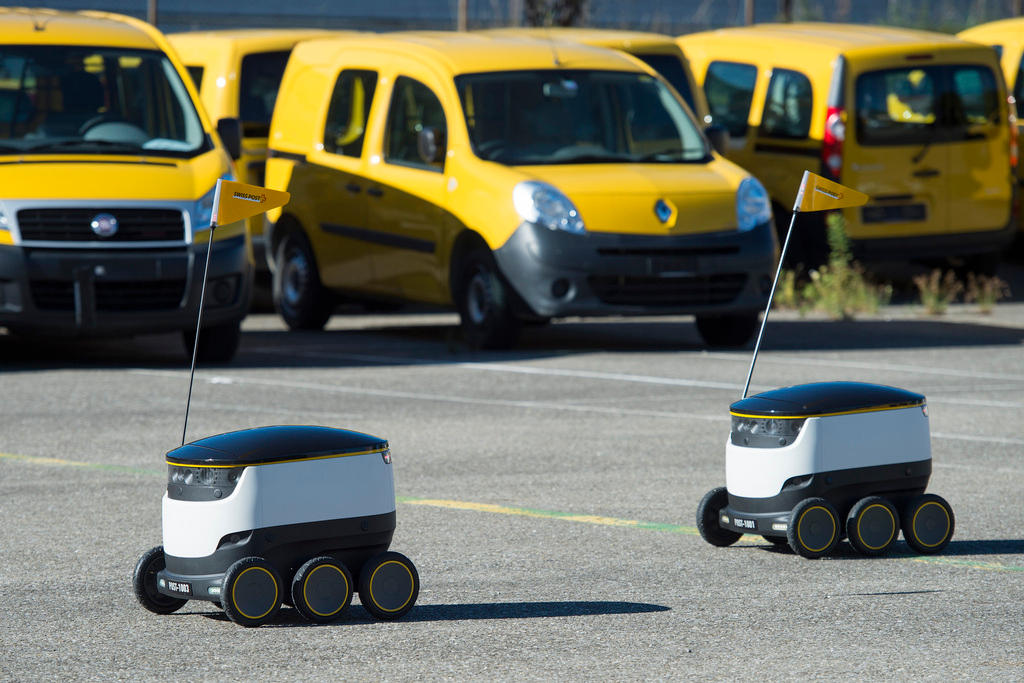
The backlash against the impact of globalisation, artificial intelligence and automation on jobs and communities is likely to grow as technologies become more disruptive. Switzerland, a very settled and structured society, will “kick back strongly”.
It’s a prediction made by Richard BaldwinExternal link, professor of international economics at the Geneva Graduate Institute, at a “Future of Work” conference co-organised by the institute and The Economist magazine in the Swiss city on Thursday.
“I’m quite worried about a populist backlash in the next few years,” Baldwin told the audience.
Machines are learning increasingly complicated tasks in the workplace, such as translating texts or diagnosing illnesses. Robots are becoming capable of manual labour that previously was carried out by humans.
Baldwin said the pace of automation was “incredible” but most people were “in denial or unaware of its impact”.
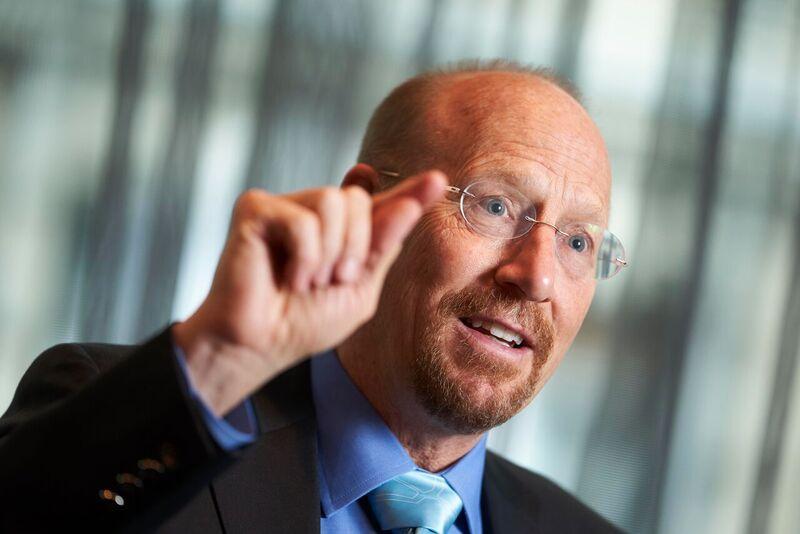
“In three to five years, we will see at least 10% of jobs displaced without clear replacements. That will be very disruptive. We’re likely to get something like a political hurricane,” he declared.
Unclear future
Baldwin expects reactions at least as strong as those against ride sharing service Uber and flat rental service Airbnb, with some groups trying to ban new technologies.
“But when enough people realise it’s just technology and not foreigners taking jobs, we will see a more systemic backlash against it,” he predicts.
Recent studies have heightened concerns about the so-called rise of the robots. Oxford University economists Carl Frey and Michael Osborne estimated in a widely cited paper in 2013External link that 47% of jobs in the United States are at risk of being lost to computers.
By contrast, a report published last year by the Organization for Economic Cooperation and Development (OECD)External link found that an average of 9% of jobs could be automated across 21-member countries, not including Switzerland.
And other economists argue that the impact will be much less drastic. Some say the spread of automation should also generate its own jobs, offsetting some of those being eliminated.

More
How can artificial intelligence be leveraged for the greater good?
The McKinsey Global Institute External linkpredicts that only around 5% of occupations can technically be fully automated using existing technology. Instead of destroying jobs and creating entirely new occupations, the Institute believes that artificial intelligence and automation will simply change what activities people focus on in work.
Impact on Swiss model
But Baldwin foresees significant turmoil for the labour market because of automation. He said current estimates of the impact on jobs range from “the very large to the absolutely scary”.
He believes around half of current job tasks will be done by algorithms in the future, which “may not lead to a headcount cut of 50% but it will be a serious one”.
So, how may Switzerland be affected by the technological transformations and backlash?
Its unique makeup of a small number of internationally competitive firms and a large number of sheltered sectors make it “very settled and structured”, as Baldwin puts it.
“As those sheltered jobs start getting disrupted by remote workers coming in or by artificial intelligence, [the Swiss] will get upset by it,” he predicts. “I suspect that some cantons and towns will try to forbid it. In some they will succeed, in some they won’t.”
Ultimately, he thinks the country will “kick back strongly” against these technological changes.
But the Swiss banking sector could remain sheltered from the technological storm. That’s because, as Baldwin points out, the data requirements in the banking sector are so strict that it’s difficult to outsource them or send jobs dealing with sensitive data across Swiss borders.
How to adapt?
Amid ongoing technological disruption, individuals must think hard about the skills that computers cannot learn to adapt to the challenges posed by technology and automation in the workplace.
“What can’t tele-robots or tele-migrants do?” Baldwin asked the audience.
He said people needed to consider developing skills such as “dealing with the unknown, empathy and connecting people”. To avoid competition with tele-migrants, it’s important to reinforce the importance of face-to-face contacts, non-verbal communication, teambuilding and trust, he added.
“In the future, we’ll have combinations of remote workers, artificial intelligence and people in place who quickly manage teams and move them around. It’ll be incredibly important for those people to actually be present in the workplace,” Baldwin declared.

In compliance with the JTI standards
More: SWI swissinfo.ch certified by the Journalism Trust Initiative









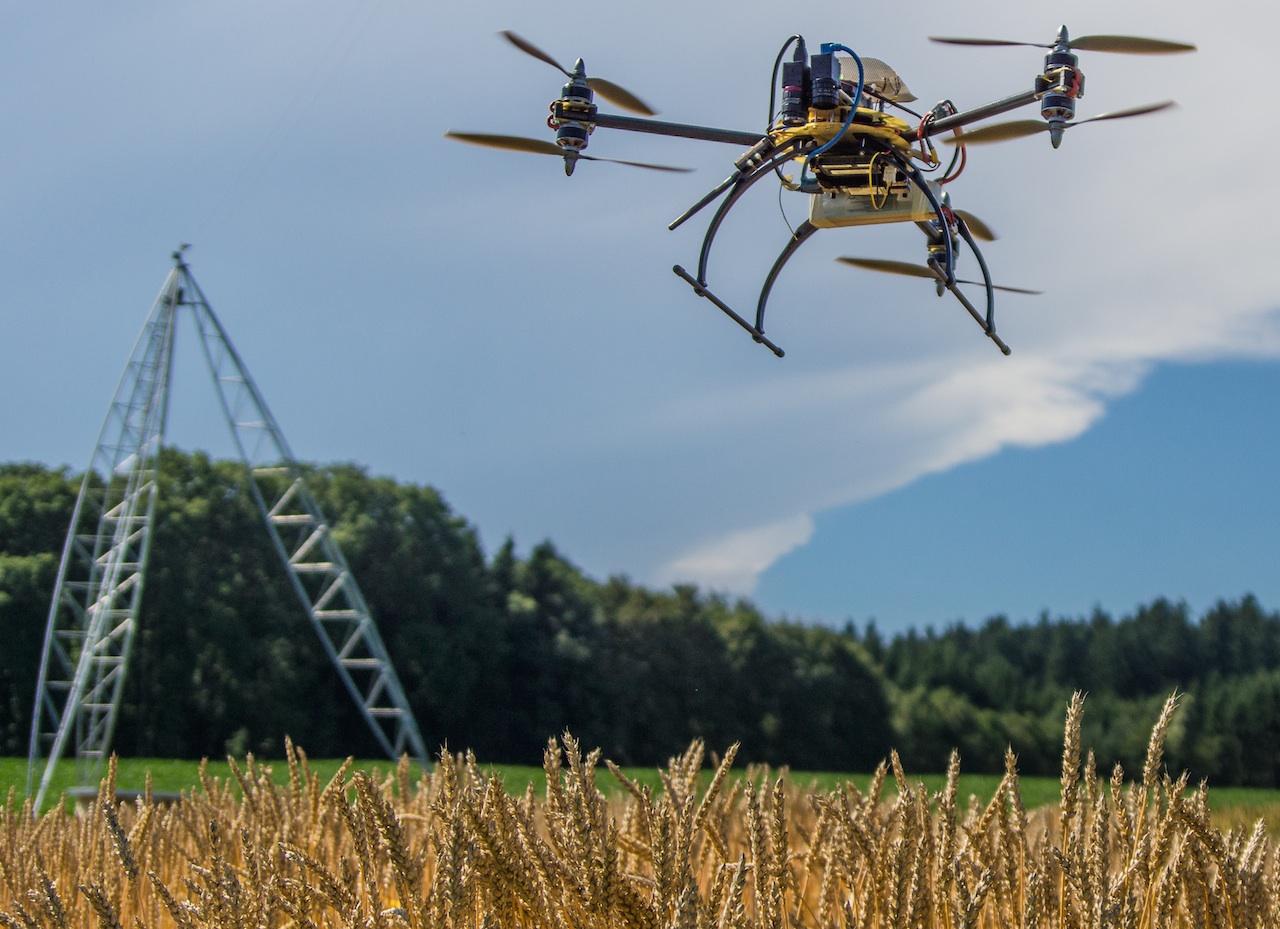
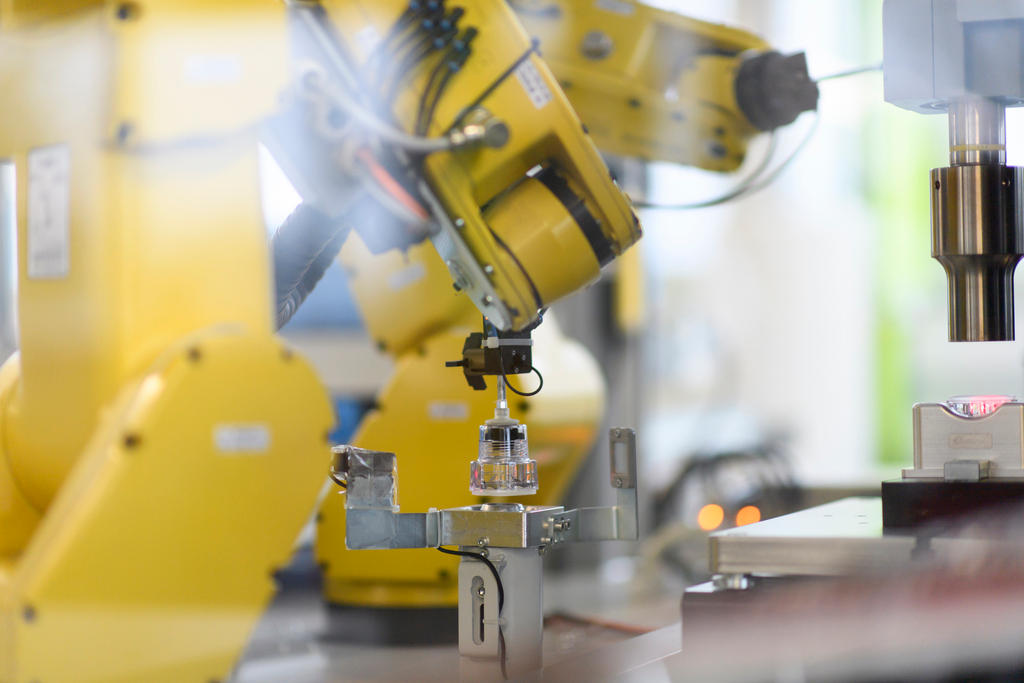


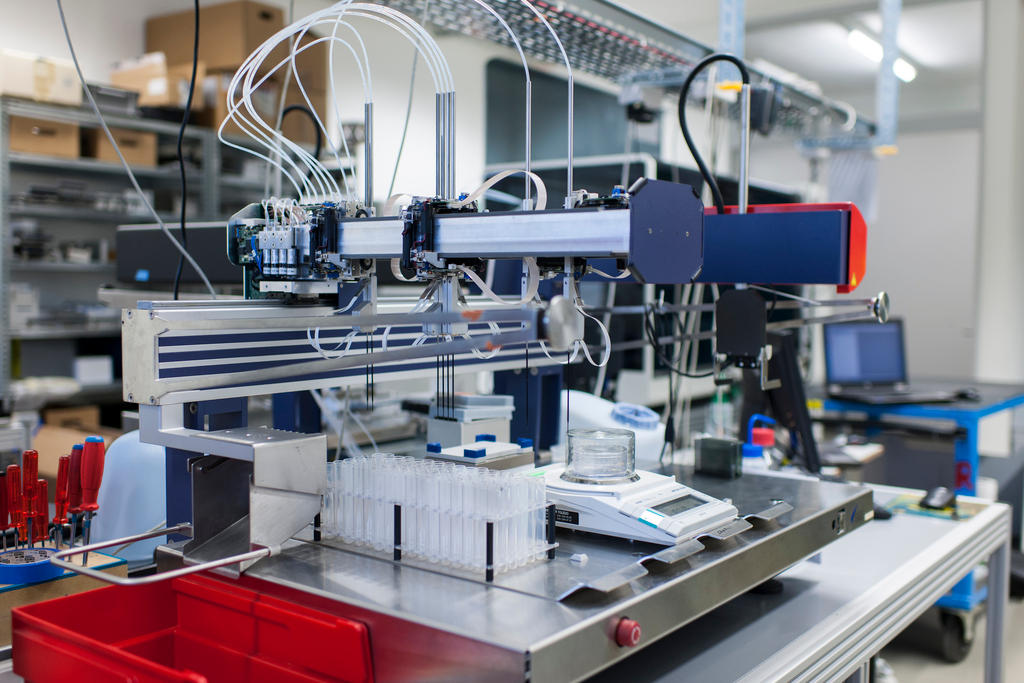
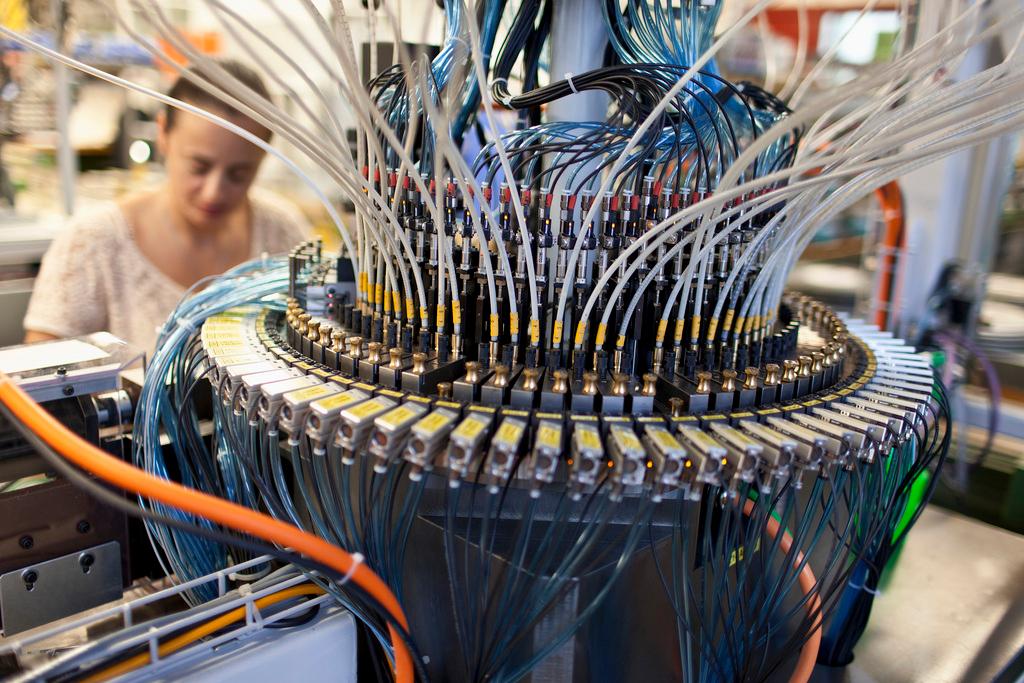
You can find an overview of ongoing debates with our journalists here . Please join us!
If you want to start a conversation about a topic raised in this article or want to report factual errors, email us at english@swissinfo.ch.